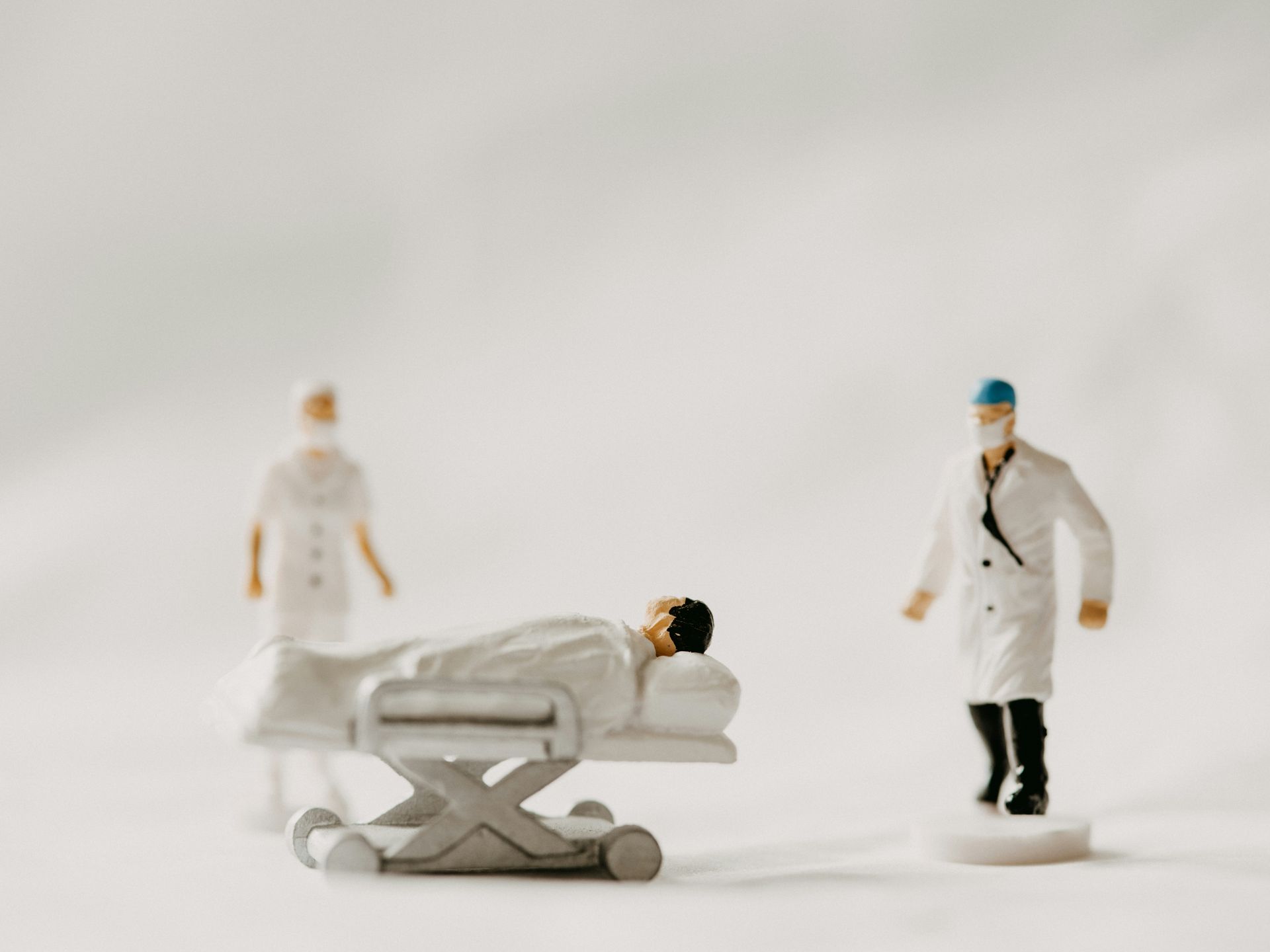Who will win the US election?
2024 will be remembered as election year, with more people than ever before casting ballots worldwide.
The US elections on November 5th will be the most significant election.
It is the most significant since it will influence not just the future of the nation but also that of the entire world.
The following topics were covered in one of the fascinating discussions we had at the Ninety One Advisor Forum with Kevin Lings, Stanlib's economist as one of the speakers.
Who is going to win the election?
Although it depends on the poll you use, you can't always trust them because they are somewhat biased towards the reader demographic.
The website fivethirtyeight.com, which aggregates all the data, is a poll of polls.
According to this website the difference between Trump and Harris was as much as 3% in September which shrank to 0.9% on November 4.
Trump's side is gaining ground.
Harris has a slight advantage according to the polls, but momentum is on Trump’s side.
According to the polls, Clinton would have won the Trump vs. Clinton election. The explanation that was later offered was that there were many Trump fans who were also closet backers.
You will have to support Trump if you are a betting man, and you look at the election odds.
Trump has a 53.3% chance of winning, while Harris has a 46.3% chance, according to electionbettingodds.com.
In the end, the most important question is whether the election outcome will matter.
The answer is a simple “ yes”. Most things will remain the same if Harris prevails, but if Trump wins there will be significant policy changes.
One of Trump's main campaign pledges, raising import tariffs, will have to be fulfilled if he wins.
He pledged that all Chinese imports would be subject to a 60% import tax on most goods and 100% on Chinese-imported electric vehicles. It now become clear why Elon Musk has suddenly become so interested in the campaign.
Increased import taxes of 10–20% will be applied to all other countries commodities and products, which will hurt South African exports.
Another possibility is that SA will be excluded from AGOA trade, which will have a negative impact on our exports. But it only accounts for 2.7% of total exports. The overall BRICS commerce in SA is seven times that of AGOA.
If this tariff hikes occur, how will China react?
They and all other countries will begin to take care of themselves. There will be more buzz surrounding BRICS and a new currency.
If the tariffs are implemented, everything will ultimately become more costly in the USA, which may lead to a second wave of inflation concerns. To counteract this, interest rates in the USA will need to be raised once more.
The US dollar and US stocks will likely rise if Trump wins, while US bonds will likely fall.
His policies, particularly those pertaining to immigration and imports, will benefit the US economy and job opportunities in the near future.
However, given the rising cost of goods and the reactions of other nations, we will have to wait and see whether it doesn't have a detrimental effect on them in the medium to long run.
Whoever wins will have an impact on the rest of the planet.




